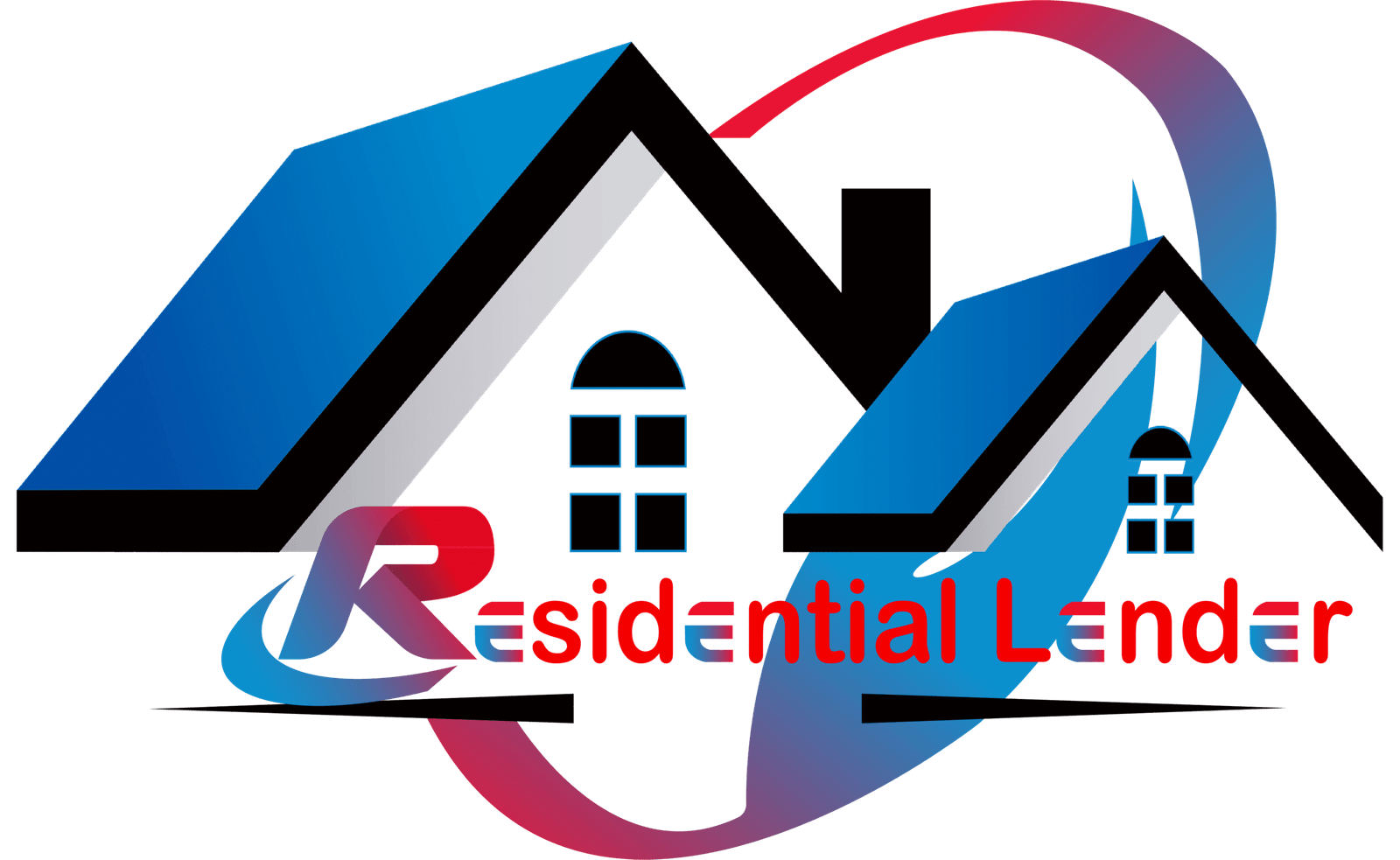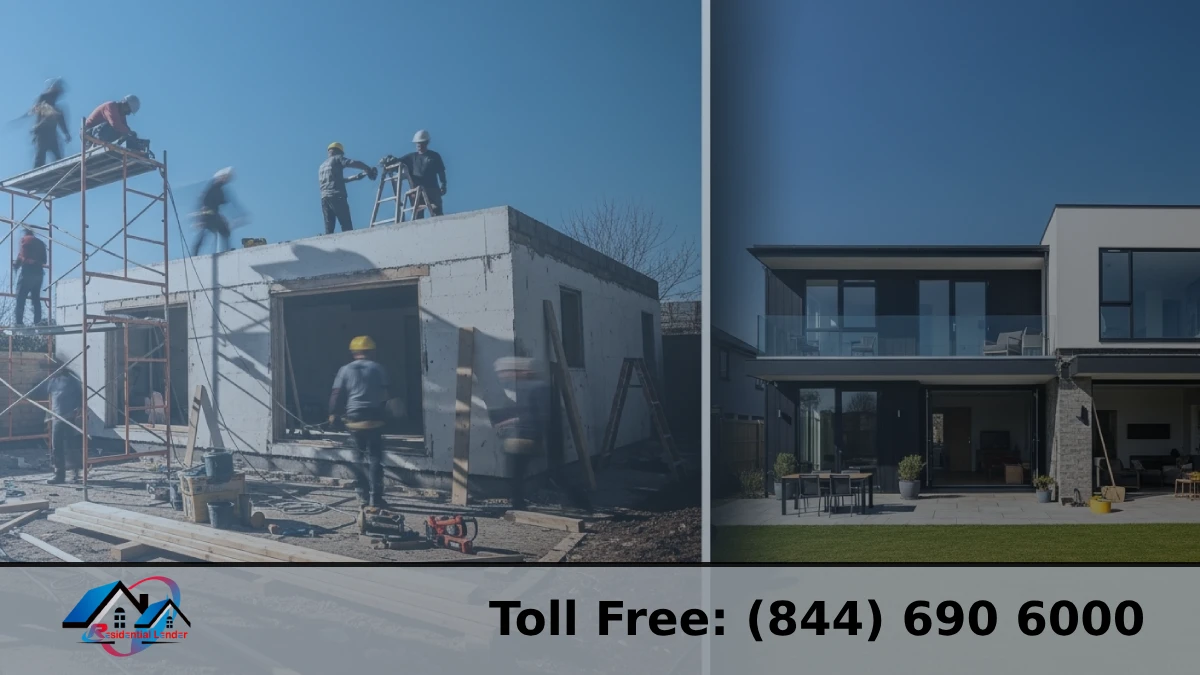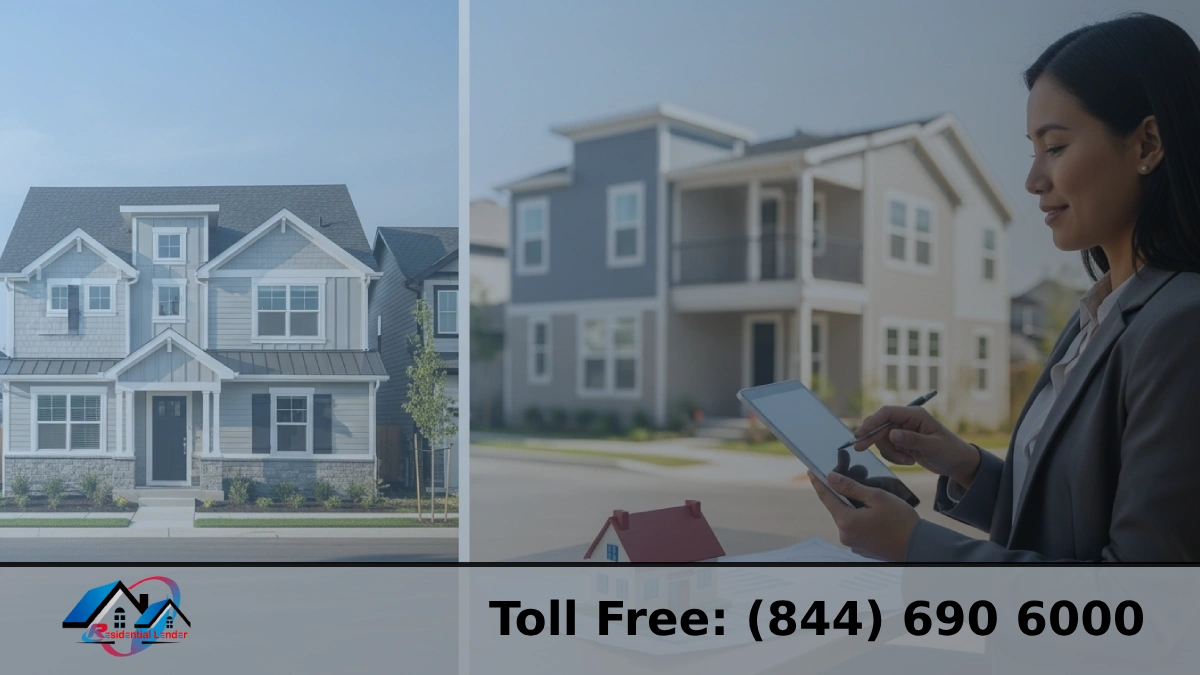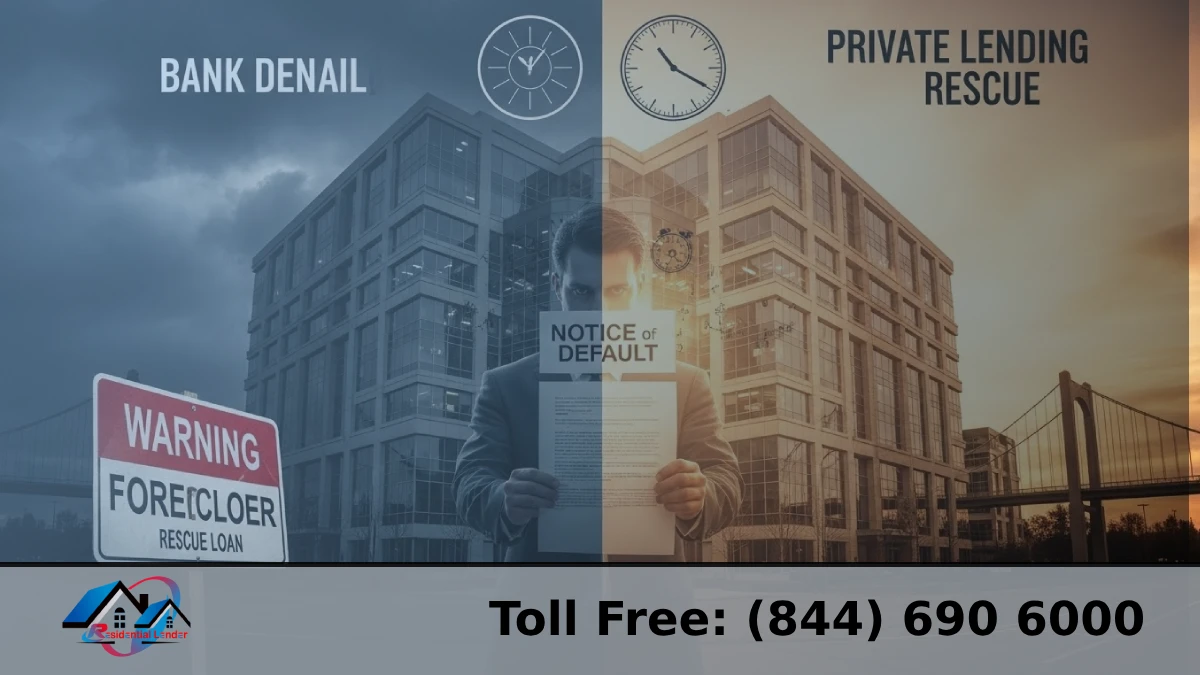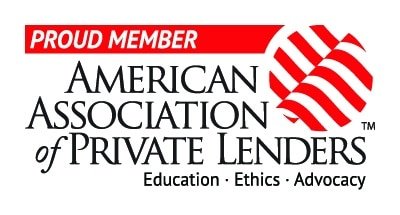Buying homes with multiple units can be a great way to get rich and spread your investments. However, getting the right financing is very important for a project. There are many multi-family mortgage lenders, making it hard to find the right one.
This guide covers 10 essential questions you should ask possible multi-family mortgage lenders to ensure you find the best one for your needs. If you ask the right questions, you can learn a lot about the lender’s knowledge, your loan choices, and the process as a whole.
Understanding Your Loan Options
What types of multi-family loan programs do you offer?
You must know about the different multi-family loan plans to make intelligent choices. Here are some usual choices:
Bridge loans are short-term loans that fill in financial gaps. They are usually used to buy or fix up property.
DSCR Loans: Paying off debt services Ratio loans prioritize the property’s ability to bring in money over the borrower’s funds.
Private Lenders are non-traditional lenders who offer flexible terms and faster working times. They are often suitable for investments that don’t fit the norm.
Term loans have set terms and frequent payments, making planning your cash flow easy.
Conventional Loans: These are regular home loans with government backing from organizations like Fannie Mae and Freddie Mac. They have reasonable rates and terms.
FHA Multi-Family Loans: These are great for first-time owners because they are federally insured loans with lower down payments and less strict credit requirements.
If you know how each program works, you can choose the one that best fits your financial strategy and risk tolerance.
2. Do you offer fixed-rate or adjustable-rate mortgages (ARMs) for multi-family properties?
A critical choice that can significantly affect your monthly payments and long-term financial planning is getting a fixed or adjustable mortgage.
Fixed-rate mortgages offer security because the interest rate stays the same over the life of the loan. This choice is excellent for investors who want to protect themselves against possible interest rate hikes and want to know exactly how much they will be paying each month.
Adjustable-rate mortgages (ARMs) initially have lower interest rates, but they can change over time. ARMs can be helpful when interest rates are low, but you might have to pay more each month if rates go up.
Choose these choices based on how comfortable you are with risk and your long-term financial goals.
3. What are the loan-to-value (LTV) ratios for different loan programs?
The loan-to-value (LTV) ratio shows how much of the property’s value the lender is willing to fund. If the LTV number is high, you need a smaller down payment. Still, it usually means higher interest rates and tighter requirements for getting the loan.
For multi-family loans, some expected LTV rates are:
Conventional loans usually need a down payment of at least 20%, which means the loan-to-value number is between 80%.
FHA Multi-Family Loans: Give you more freedom and require less of a down payment, usually as little as 15%. Private lenders might be more flexible with LTV rates, especially for investors with a good credit history. Knowing the LTV rates for the different loan programs will help you figure out how much money you need to put down initially.
Gauging the Lender’s Expertise
How much experience do you have financing multi-family properties?
An important thing to think about is how much experience a lender has with financing multi-family homes. An experienced loan with a good track record can give you good advice, help you through tricky deals, and offer you good terms. Locate the lenders:
Number of years of work: How long has the lender lent money for multi-family homes?
Quantity of deals completed: How many loans for three or more units has the company closed?
What kinds of multi-family units does the lender focus on, like apartment buildings, duplexes, and townhomes?
Market knowledge: How well does the loan know the real estate market in your area, and how does it change over time?
By learning about the lender’s background, you can determine if they can meet your wants and give you good advice.
Do you have a dedicated team for multi-family loans?
A team of people who only work on multi-family loans can speed up the process and give each borrower individual care. The people on this team should be good at:
Underwriting means figuring out if the property can be sold and if the borrower has a reasonable credit risk.
Closing: Working with different people ensures the closing goes smoothly and on time.
Post-closing services: This means providing ongoing help and support.
A committed team can help you get through the complicated process of multi-family financing and keep delays to a minimum.
Optimizing the Loan Process
What is your typical timeline for closing a multi-family loan?
You must know the lender’s usual closing date to make good plans and budgets. Find out about the things that might affect the closing time, like
Loan complexity: The loan’s size and complexity can impact the time it takes to close.
Property appraisal: Doing a property appraisal can take a lot of time.
Underwriting process: The lender’s underwriting process and the borrower’s ability to provide the necessary paperwork can change the timing.
When you know the possible timeline, you can set reasonable goals and change your investment plan to match.
What documentation do I need to submit for a multi-family loan application?
The needed paperwork can change based on the loan type and source. However, here are some standard documents:
Financial statements: Accounts of finances, like tax returns for you and your business, bank accounts, and proof of income.
Property documents: Property records include an appraisal, a title report, and running statements.
Business plan: A detailed business plan showing how to spend your money and how much you expect to make.
If you know what information is needed, you can prepare it and speed up the loan application process.
What are your fees associated with multi-family loans?
To get an accurate picture of how much it will cost to borrow money overall, it’s essential to know all the fees that come with a multi-family loan. Some standard fees are:
Origination fees: The lender cuts the loan amount to cover handling costs.
Application fees are fees that are paid to handle the loan request.
Underwriting fees are the costs of reviewing a loan application and determining its risk.
Closing costs are the fees that come with the loan’s end, like title insurance, legal fees, and property taxes.
If you know about the different fees, you can ask for better terms and make intelligent choices about your financing options.
Building a Strong Partnership
Do you offer ongoing loan servicing and management?
Loan service manages a loan’s administrative parts, like getting payments, processing payments, and handling escrow accounts. A lender that gives loan servicing can make managing your money more accessible and reduce the amount of work you have to do.
You might want to ask the lender the following:
Servicing fees: How much do the fees for loan maintenance cost?
Payment options: What do you have to offer, like online bills or autopay?
Help for customers: How easy is it to contact your customer service team, and what are their hours?
You can choose a partner who can give you full help for the life of your loan if you know what the lender’s loan servicing options are.
Can you provide references from past multi-family loan clients?
Talking to a lender’s past clients can tell you much about their reputation, customer service, and general performance. A good question to ask the lender is for names of people who have recently closed multi-family loans.
When you call references, you might want to ask them the following:
- How happy were you with how the company communicated and responded?
- Did the lender meet your hopes for when the closing would happen?
- Were there any fees or problems that came up out of the blue during the loan process?
- Would you tell other buyers to use this lender?
Talking to the lender’s past clients is an excellent way to determine their pros and cons and make an informed choice.
Conclusion
You can learn much about possible multi-family mortgage lenders by asking these critical questions. We are ResidentialLender.net, a real estate financial consulting company. We have been making loans and connecting people with more than 200 private lenders for over 30 years. We know how to help you get the best multi-family loan for your rented home.
Contact us immediately to discuss your business goals and find out about your options for multi-family financing!
FAQs
1. What is a good credit score for a multi-family loan?
Credit scores can be different for each company and loan program. Still, a score between 680 and 720 is generally considered good. Even if you have bad credit, some lenders may still be ready to work with you if you have an excellent rental history and a steady income.
2. What are the tax implications of owning a multi-family property?
There are tax perks to owning a multi-family property, such as deducting mortgage interest, property taxes, and depreciation. However, talking to a tax expert is essential to know how your investment will affect your taxes.
3. How can I improve my chances of getting approved for a multi-family loan?
Here are some things you can do to improve your chances of getting a multi-family loan:
Create a good credit history: Keep your credit utilization low, pay your bills on time, and don’t take on any new debt.
Save up a significant down payment. A bigger down payment can help you get a better loan and lower monthly payments.
Have a good past of renting: A good past of renting out properties shows that you can take care of them and collect rent.
Make a clear plan for your business: A well-written business plan can show investors that you understand the investment and please lenders.
What are the risks associated with investing in multi-family properties?
Multi-family homes can make money, but they also have risks, such as
Vacancy risk is the chance of lost rental income due to empty buildings.
Tenant turnover costs are the money you must spend to find and check out new renters.
Property management costs are the costs of hiring a property management company or taking care of the property yourself.
Economic downturns: When the economy is terrible, it can affect the desire for rentals and the values of homes.
How can I find a reliable property management company?
You can run your multi-family home well with the help of a reputable property management company. Here are some things to think about when picking a property management company:
Expertise: Look for a company that has managed multi-family homes before.
Review: Find out what other people have said about the company and look at reviews from past customers.
Services offered: Check if the company provides the needed services, like screening tenants, collecting rent, upkeep, and accounting.
Fees: Find out how much the company charges and if there are any other fees.
